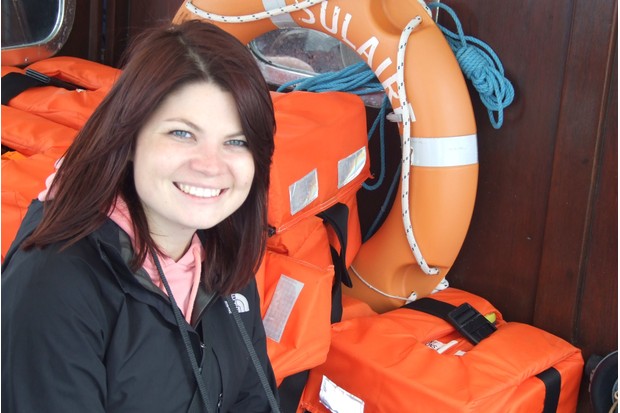According to research led by the Zoological Society of London (ZSL) orcas are facing the threat of extinction in European waters as a result of lingering toxic chemicals banned as far back as the 1980s.
The research, based on long-term studies of more than 1,000 stranded or biopsied whales, dolphins and porpoises found that the blubber of orcas, bottlenose dolphins and striped dolphins in Europe contain among the highest concentrations of polychlorinated biphenyls (PCBs) on the planet.
PCBs are a group of man-made chemicals previously used in the manufacture of products including electrical equipment, flame retardants and paints.
High exposure to PCBs is known to weaken cetacean immune systems and markedly reduce breeding success by causing abortions or high mortality in newborn calves.
Lead author of the report Dr Paul Jepson said, “The long life expectancy and position as apex or top marine predators make species like orcas and bottlenose dolphins particularly vulnerable to the accumulation of PCBs through marine food webs.”
The western Mediterranean Sea and south-west Iberian Peninsula are global PCB ‘hotspots’ and concentrations of these chemicals tend to remain higher near industrial areas and densely-populated urban centres.
Jepson explained that few orca populations remain in western European waters and those that do persist are small and suffering from zero or low rates of reproduction.
Co-author Robin Law said, “Our research underlines the critical need for global policymakers to act quickly and decisively to tackle the lingering toxic legacy of PCBs, before it’s too late for some of our most iconic and important marine predators. We also need to better understand the various pathways through which these iconic species are able to accumulate such high PCB concentrations through their diets.”

